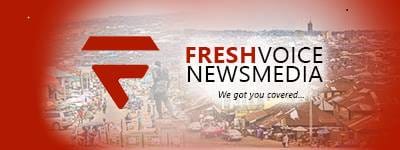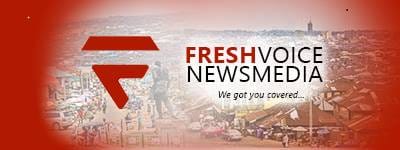In a sweeping realignment set to redefine Nigeria’s political terrain, leading opposition figures across party lines have officially adopted the African Democratic Congress (ADC) as the unified platform to challenge the ruling All Progressives Congress (APC) in the 2027 general elections.
The major announcement followed a high-level strategy meeting underway in Abuja, where a broad coalition of political heavyweights unveiled a bold plan to reposition the ADC as a viable national alternative.
Former Senate President David Mark was nominated as Protem National Chairman, while former Osun State Governor and ex-Minister of Interior, Rauf Aregbesola, was named Protem National Secretary—signalling a cross-party consensus rarely seen in Nigeria’s democratic history.
Among the top figures in attendance were: Peter Obi, 2023 Labour Party presidential candidate, Rotimi Amaechi, former Minister of Transportation, John Odigie-Oyegun, former APC National Chairman, Abubakar Malami, former Attorney-General of the Federation, Nasir El-Rufai, former Governor of Kaduna State, Liyel Imoke, former Governor of Cross River, Aminu Tambuwal, former House Speaker and ex-Governor of Sokoto, Kashim Imam and other strategic national players.
Sources privy to the meeting described the move as the formation of a united political front aimed at “rescuing Nigeria from the grip of failed leadership, spiraling insecurity, and biting economic hardship” under President Bola Ahmed Tinubu. Members of the coalition argue that the Tinubu administration has delivered “renewed hardship” instead of its promised “renewed hope.”
Also aligned with the coalition is former Vice President Atiku Abubakar, adding further weight to what insiders now describe as a “national rescue mission, not just another opposition campaign.”
Backstory and Failed Alternatives
In early 2025, El-Rufai had proposed the Social Democratic Party (SDP) as the ideal vehicle for the opposition coalition. However, key figures within the SDP, including its 2023 presidential candidate Prince Adewole Adebayo, distanced themselves from the proposal, citing ideological divergence and fears of APC infiltration.
Subsequently, in June 2025, the coalition sought to register a new party—All Democratic Alliance (ADA)—with the Independent National Electoral Commission (INEC), complete with a constitution, manifesto, and a maize-themed logo symbolizing prosperity. But the process became bogged down due to competing claims to the ADA acronym and fears of political bias from INEC’s current leadership.
With delays mounting and trust in the registration process eroding, the coalition made a strategic pivot to rebrand and adopt the existing ADC, a fully recognized and operational political party, offering immediate legal standing and national reach.
What’s Next?
The reenergized ADC is set to unveil its new leadership structure, national convention roadmap, and 2027 strategy in the coming weeks. Coalition leaders have vowed to launch a vigorous nationwide tour for stakeholder engagement, grassroots mobilization, and broad-based policy consultations.
This historic convergence of political power brokers marks the most significant opposition coalition since the return of democracy in 1999, setting the stage for what many observers are calling the most consequential election battle in Nigeria’s recent history.































